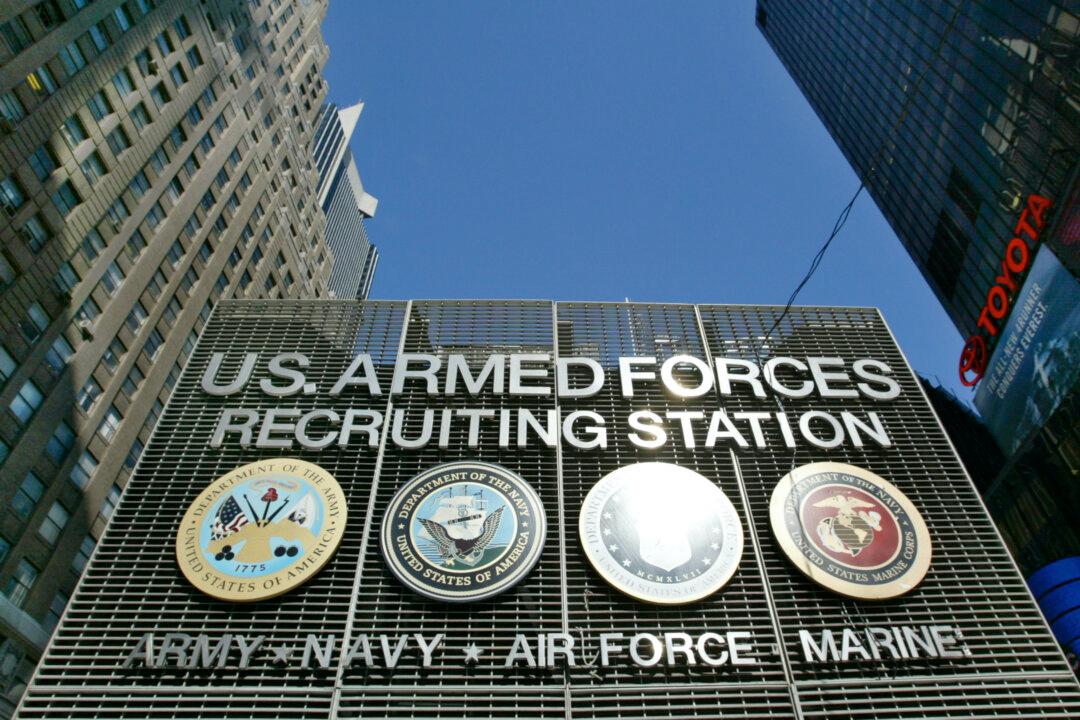The U.S. Army is preparing to overhaul its recruiting efforts, after closing fiscal year 2023 with about 10,000 fewer recruits than it had set out for.
At a press conference at the Pentagon on Tuesday, Army Secretary Christine Wormuth and Chief of Staff Gen. Randy George announced the service recruited about 55,000 new soldiers in fiscal year 2023, missing its goal of 65,000 new recruits by about 15 percent. Despite this recruiting miss, the Army saw successes with its retention rates, and managed to meet its end-strength goal for the year of 452,000 active-duty soldiers.





